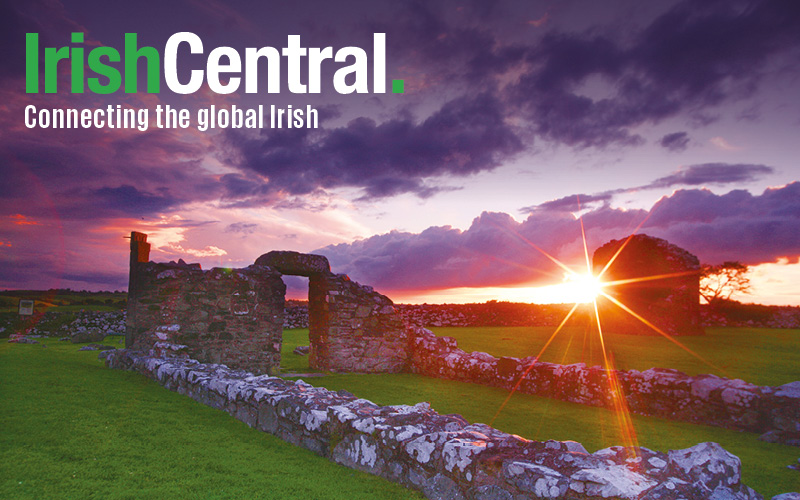A bullet has been removed from the exhumed body of Joseph Murphy, one of the 11 victims of the Ballymurphy Massacre, in west Belfast, in 1971.
Belfast coroner Jim Kitson gave the order earlier this year for the exhumation of Murphy, who on his deathbed told his family he had been shot while in the custody of the British army. The 41-year-old was a father of 12 children.
Murphy's daughter, Janet Donnelly, told BBC Radio Ulster's Evening Extra, that her father had been shot in the right thigh and taken to the Henry Taggart army base. He lived for 13 days after he was wounded.
She said "He told my mother that while he was in the barracks, he was shot into his open wound. My father died and about two years ago, the Historic Enquiries Team (HET) uncovered new evidence to suggest there was a second bullet."
Donnelly said the recovery of the second bullet was "massive" for her family.
A bullet is found in the body of Joseph Murphy, shot dead in Ballymurphy in 1971. We'll hear from his daughter. pic.twitter.com/3rDpYb57Ws
— BBC Radio Foyle (@BBCRadioFoyle) October 28, 2015
"My father was shot and then he was shot a second time inside an army base. This just proved the story that I grew up with that my father told my mummy," Donnelly said.
"Instead of being treated for his injuries he was beaten and then shot again."
Donnelly said his death had devastated the family. She added “We were all young children and were left without a father.
"We are getting closer to finding out what happened and I will go on until we get to the truth."
Mark O'Connor, a solicitor for the family, said "This is an historic breakthrough. I'm delighted on behalf of the family.
"It's due to their hard work and perseverance that this evidence has been obtained."
A representative of the Ballymurphy families, who have been campaigning for an independent inquiry, John Teggart, said the discovering of the bullets proves Joseph Murphy’s claims.
Teggart told the Irish Times “This proves what we have been saying for years that after being shot outside the British army barracks Joseph Murphy was brutalized and shot again inside the barracks.”
This massacre happened during Operation Demetrius, internment without trial, in August 1971. Inquests have yet to be carried out into how ten people, including a priest had gone to the aid of one of the victims and a 50-year-old mother of eight, who were shot by British soldiers.
Paddy McCarthy, the 11th victim, who does not come under the terms of the inquest, died from a heart attack after a British soldier put a gun into his mouth and pulled the trigger.
Full Text of All Party Motion - events in Ballymurphy 1971. @ballymurphy11 @Ballymurphy1971 http://t.co/Ecwx66qwNo RT pic.twitter.com/1wdZGsXyPa
— Connolly Association (@ConnollyAssoc) September 1, 2015
Joseph Murphy’s family have for many years contended that Joseph was shot in west Belfast by British soldiers and that he was shot again when he was taken into custody at that Henry Taggart barracks.
Teggart, the Ballymurphy family spokesperson, explained that Joseph Murphy survived for 13 days after the shootings.
After his death on bullet was removed from his body during a postmortem. Teggart said a second postmortem after the exhumation had found a second bullet.
“This further reinforces our demand for an independent panel to be set up to investigate the killings. It proves what the families have said all along, that there was not a proper investigation of the killings,” said Teggart.
It’s believed that most of the murders were carried out by members of British Parachute Regiment, months before the same regiment were involved in the Bloody Sunday killings, which resulted in the death of 14 innocent people.
Taoiseach (Prime Minister) Enda Kenny, Sinn Féin, the Social Democratic and Labour Party, the Alliance Party and the British Labour Party have supported the Ballymurphy families’ calls for an inquiry.




Comments